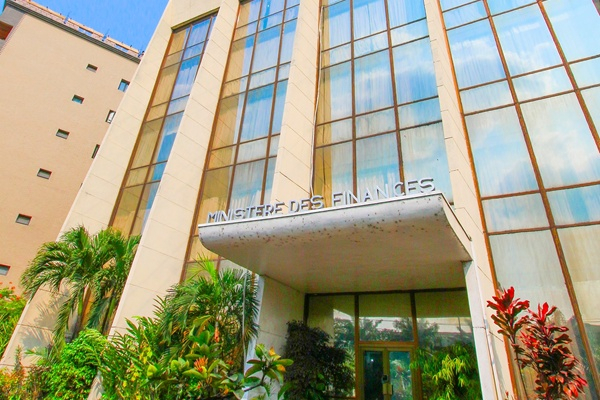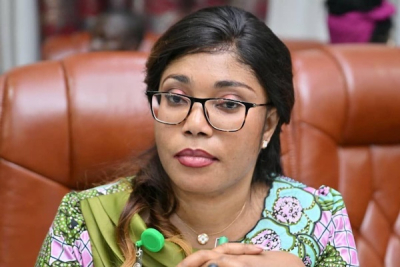Several experts from the International Monetary Fund (IMF) are in the Democratic Republic of Congo (DRC). They are there to finalize two new programs valued at $2.5 billion. According to the chief of the IMF mission, Calixte Ahokposi, concerned parties must agree on the specific objectives of the new partnership. This is what will determine the disbursement of related funds.
To achieve these goals, the government must make decisions that will affect the daily lives of millions of Congolese citizens and foreign residents. In their June 2024 letter requesting the two new programs, the government and central bank outlined commitments based on their views of the country's economic trends and their goals for improving living conditions.
Some commitments are technical, such as managing economic data and increasing communication with IMF experts. Others involve reforms that could directly impact people's lives, like controlling inflation, enabling banks to lend more, and securing funds for building roads, schools, and hospitals while creating jobs.
The ongoing talks also focus on securing about $1 billion to finance policies that tackle climate change and related issues, like flooding and lower agricultural production.
Fuel prices
Fuel prices are also on the table. According to IMF and World Bank experts, subsidizing fuel is a poor use of public funds because it mostly benefits the rich. With living costs rising, authorities have chosen not to impose new taxes and have instead reduced fuel prices.
The talks with the IMF will also address managing exceptional expenses related to security issues along the borders with Rwanda and Uganda. Initially projected at 2,247 billion Congolese francs (CF), this security spending is expected to rise to CF4,442 billion (about $1.5 billion) by the end of 2024. This is roughly 50% of the total public sector salary budget ($2.85 billion) and 80% of the amount set for the 2019 master plan to transform Kinshasa. The government is committed to auditing this exceptional spending.
Finally, discussions will include tax exemptions. In 2023, the government acknowledged it had waived around $2 billion in various taxes, with 60% benefiting companies, especially in mining. While these exemptions aim to help companies invest and maintain liquidity, follow-up is needed to see if they help create jobs for the Congolese people.
At the end of their mission, IMF experts will prepare a report on the commitments made and their timelines for implementation. The DRC government hopes to reach an agreement before the end of 2024 so it can start 2025 with clarity on its development strategies. This includes parts of its national development plan for 2025, the second phase of its territorial development plan, its public investment program, various donor-supported programs, and a climate response plan estimated at $58 billion over the next six years.
Georges Auréole Bamba










